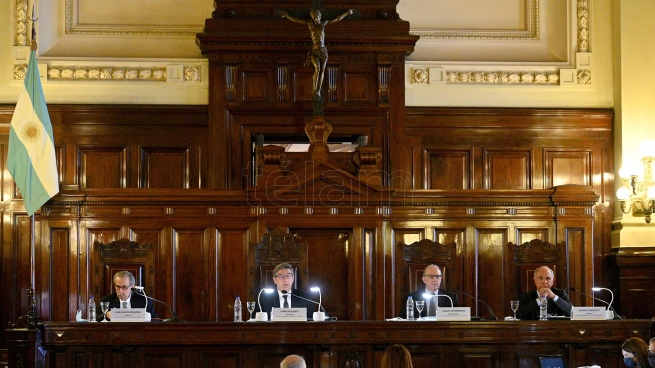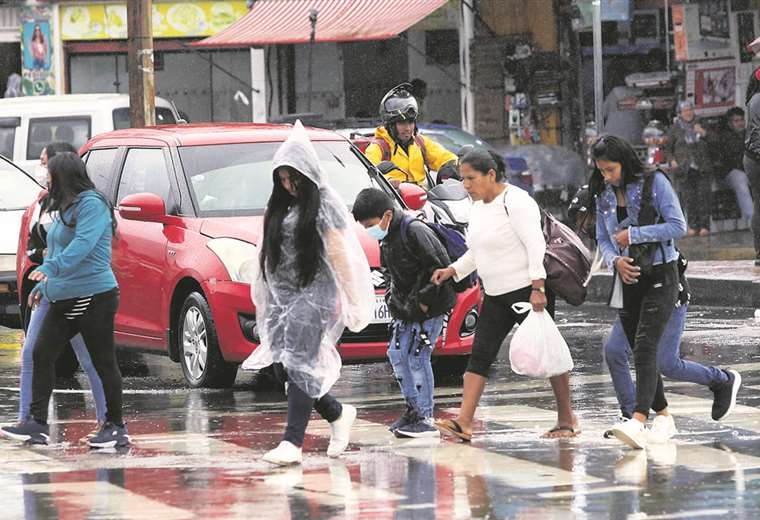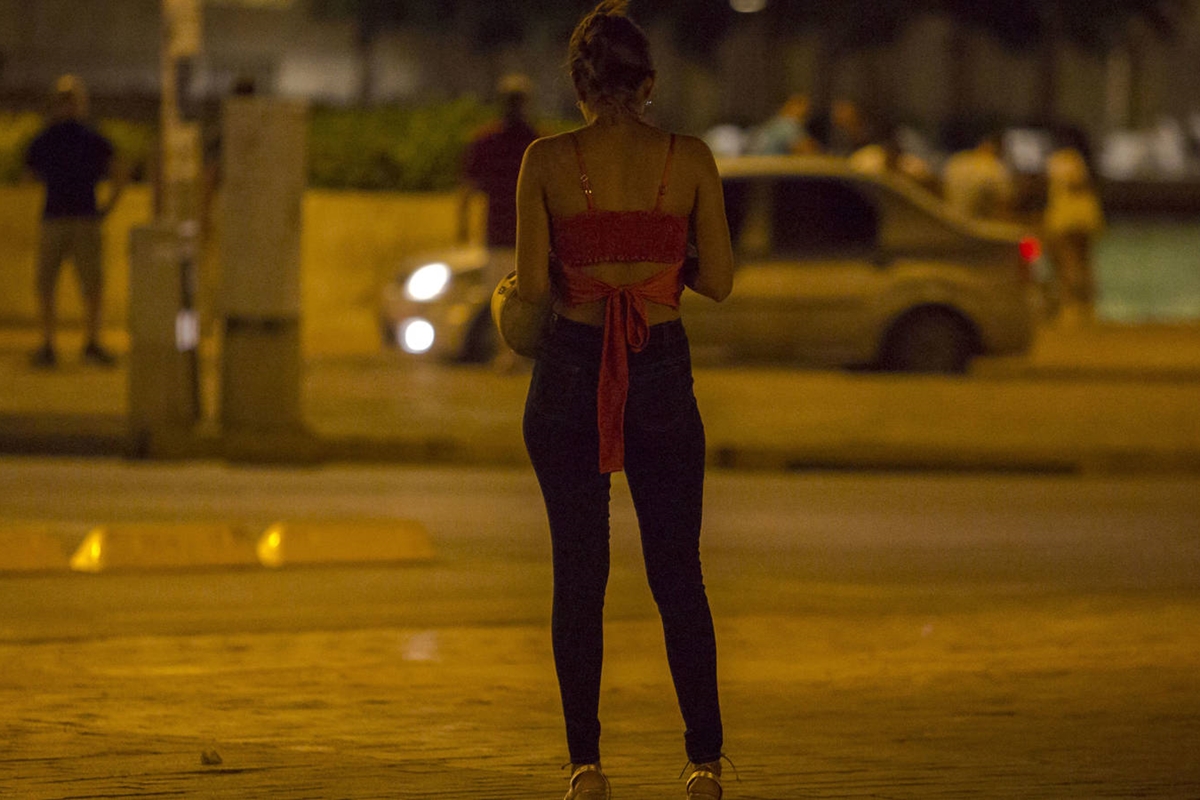The Supreme Court of Justice of the Nation has pending rulings of political and economic importance that it will define in the second half of the year, after the judicial fair, among which are the dispute between the national governments and the City of Buenos Aires regarding to the funds to finance the Buenos Aires police.
The Court must decide on an amparo filed by the Government of the City of Buenos Aires against the decree that redirected the contributions for the transfer of the police to the Buenos Aires administration, resolved in September 2020, for an amount equivalent to 2, 36% of the coparticipation.
Using its powers, the Court convened a series of hearings, the first of which was held last March, between national officials and Buenos Aires officials to reach an agreement, and then arranged a “work table” that met seven times with the same objective but there was no agreement and, therefore, it is the highest court that must define the fair amount.
In this sense, both parties are committed to a balanced solution that reduces the redistribution of funds that President Alberto Fernández signed but does not annul it, that within the margins that the Supreme Court leaves to define the substantive issue, that is, the money that the Buenos Aires police demand to support.
Also in terms of pension claims, the Court has a debt that it intends to settle, although not in its entirety, since it is practically impossible for a court with four magistrates to resolve the more than seven thousand proposals that are awaiting sentence on the fourth floor of the Palace of Justice.
However, the legal advisers of the Court evaluate the presentation of the social security lawyer Miguel Fernández Pastor against law 27,426 that Mauricio Macri promoted as president in 2017, which modified the mobility formula.
With the formula applied retroactively by the macrista management between September 2017 and December 2019, it is estimated that retirees lost 20% percent of their purchasing power.
In response to Pastor’s appeal, the Court would also resolve an immense number of similar claims that reached the high court after the legislative amendment.
In criminal matters, the Court has been resolving in the last two years a long list of pending appeals on causes against humanity, thus responding to the request of human rights organizations and non-governmental organizations to break the stillness in the files linked to state terrorism.
The most visible complaint to the Court comes from the side of the episode that ended with the death of Santiago Maldonado and the family’s request for Judge Guillermo Lleral to be removed.
The victim’s brother, Sergio, led a march to the Court last October in which he claimed: “We must not let the disappearance for 78 days and the death of Santiago Maldonado go unpunished. Justice does not work, we have to build a way to collectively claim the Judiciary so that we are heard”.
The Court, as the highest national court, does not have deadlines to rule, although on the fourth floor of the Palace of Justice they invoke the “public interest” to order the treatment and priority of the thousands of files that arrive for years.
Several amparos filed before the court presided over by Horacio Rosatti fall into this category. linked to the agreements between Argentina and other countries regarding intelligence and the administration of citizens’ personal data.
Cases related to the suspension of evictions in indigenous territories and other presentations by indigenous peoples about their ancestral rights are also pending resolution.








